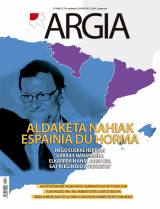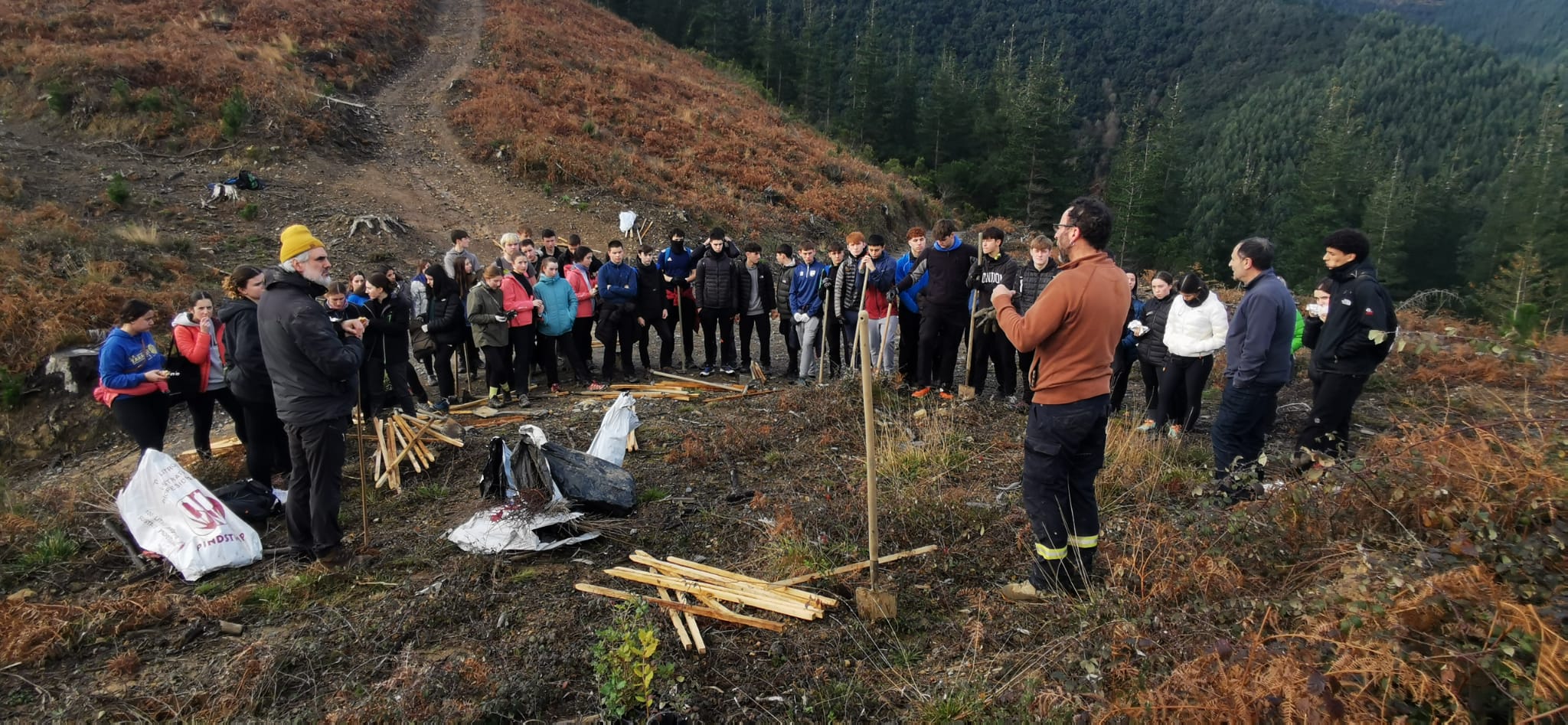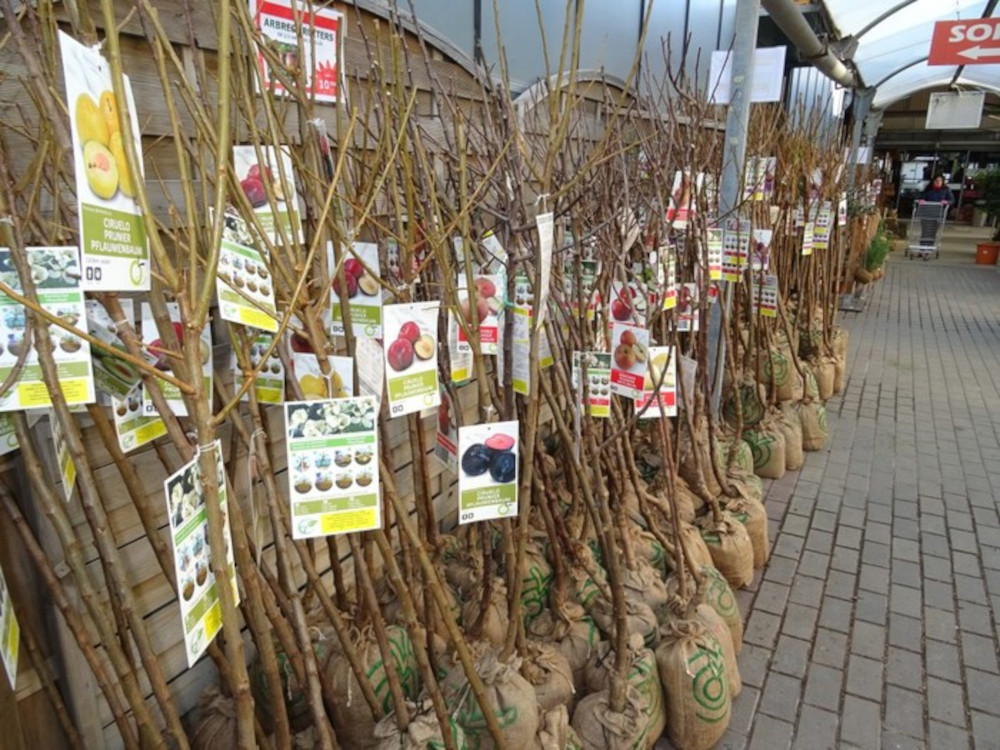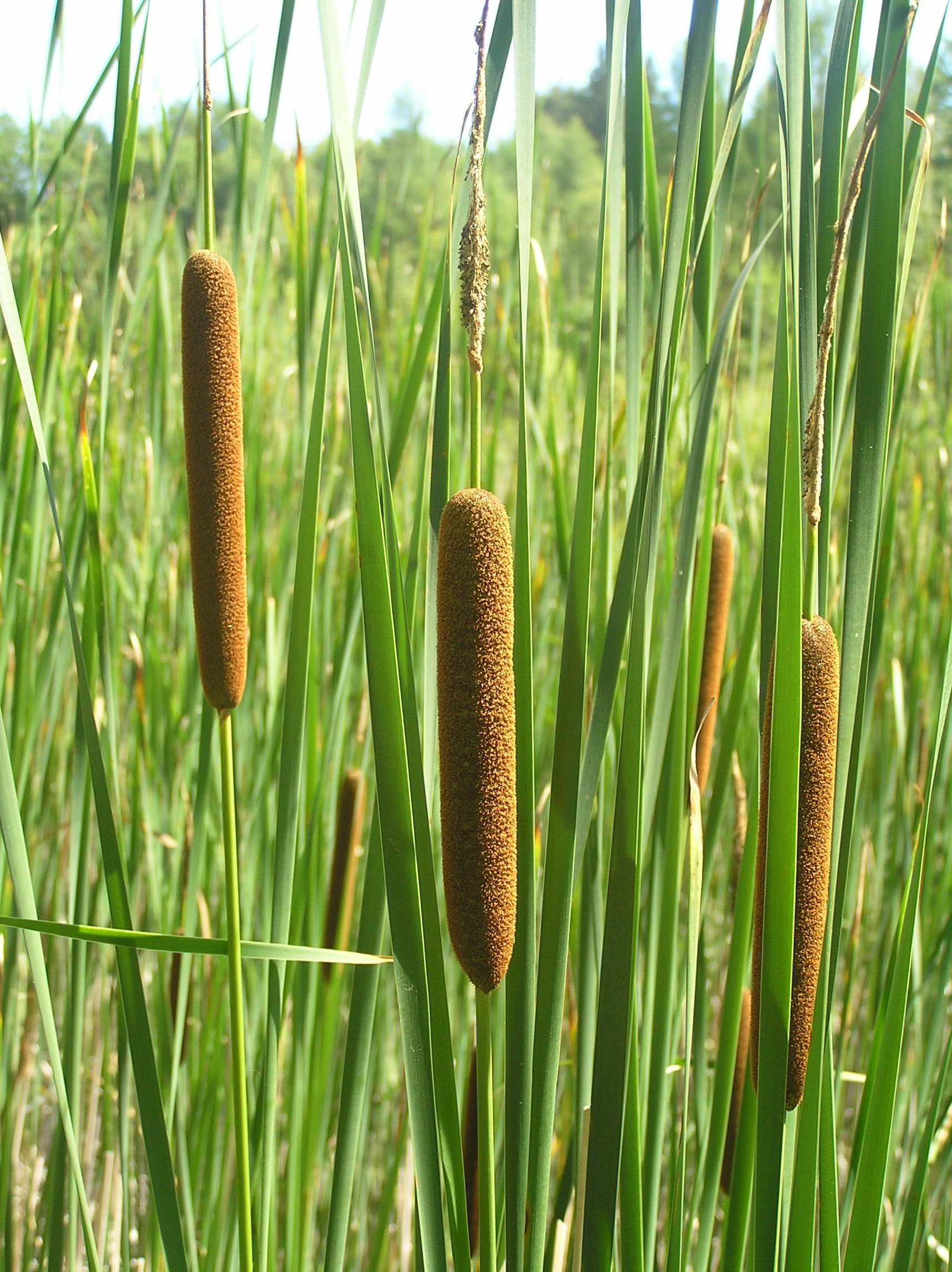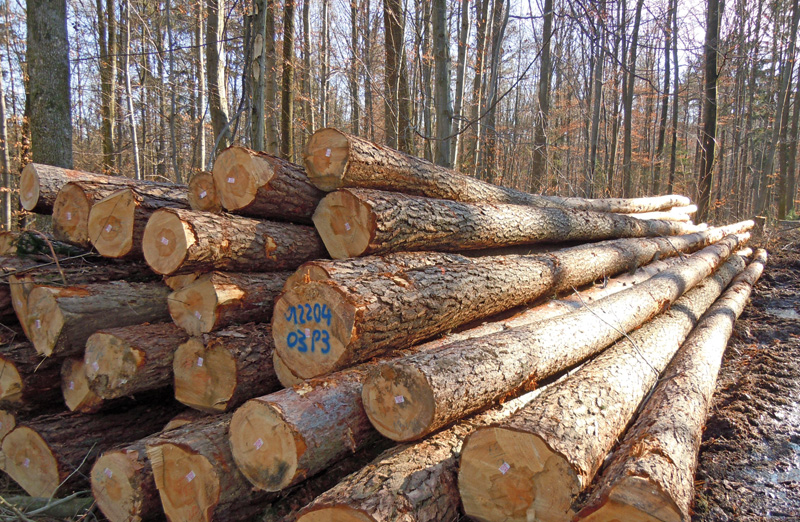
“We have dealt very badly with the forest in recent years, but it must be borne in mind that in many areas alternatives have been started to see the consequences of this violent treatment.” Biologist Keko Alonso believes that in the Basque Country we are at that moment, that is, the time has come to set in motion other types of models within the forestry sector. And it works for it, promoting reflection and raising awareness.
The Asturian biologist began to worry about what was happening in the surrounding forests from a very young age. There, the monoculture of the Eucalyptus took on absolute prominence in favour of the paper mills in the area and against the diversity of indigenous forests. In the Basque Country, undoubtedly, the insignis pine has fulfilled this role: Pinus radiatas.
Our shores, full of pines
About 70% of the forest area of Gipuzkoa and Bizkaia is currently occupied by monocultures of insignis pine. If instead of talking about trees, we talk about forests, the biologist tells us that robledal (Quercus robur) is an endangered plant formation in Gipuzkoa.
What has happened in the Basque Country with pine, however, is no exception. Since the end of the 19th century throughout Europe the process has developed in a similar way, with the same idea: the rapid creation of medium-low quality trees for use in wood or paper.
Alonso, like many biologists or ecologists, has stated that the spaces of monoculture trees cannot be called "forests". “The forest is for us an ecosystem, it is a set of many organisms in natural conditions. When the human being changes this natural condition so much, it stops being an ecosystem.”
“Radiata Bubble”
For Alonso, the construction can be compared with the bubble of what has happened with the insignis pine: “Everyone has taken out a piece of the monoculture of pines: the one who plants, the one who saws, the one who burns, the one who makes paper... Now, however, the bubble bursts, among other things because prices have gone down a lot.”
This crisis/opportunity must be taken advantage of by the biologist to turn the situation upside down and really commit to a different forestry industry. He makes it clear: there is an alternative. He compared the current moment of forestry activity with the situation of organic farming in the 1950s and 1960s. At that time this agricultural model was marginal, barely strong and it seemed that steps could not be taken. “It won’t be easy, but to open up those new paths, people’s willingness will be necessary.”
The dust has lifted the actions of a group of strangers against a Kutxabank monoculture in the Urola valley. In this regard, ENBE, ENBA and GBE (Gipuzkoako Basozale Elkartea) offered a press conference. They condemned the fact and called for the perpetrators to punish it.
After... [+]









